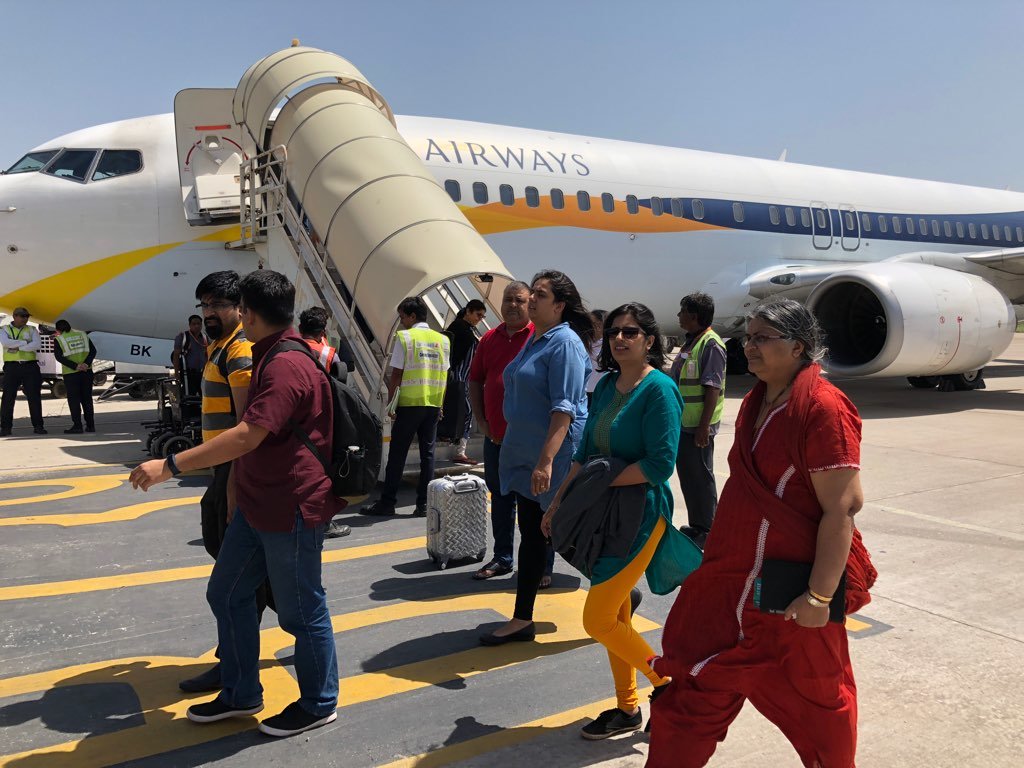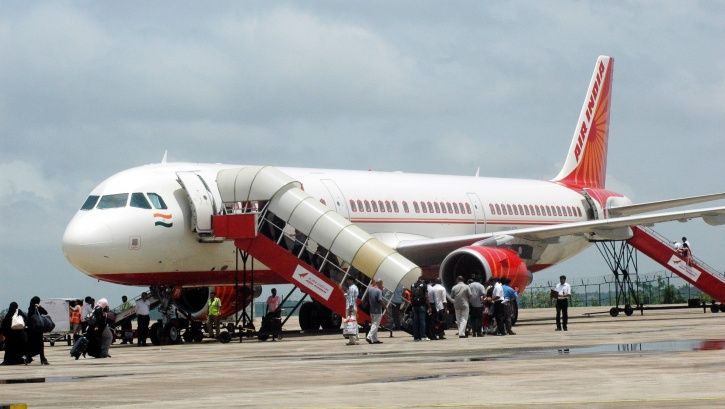The Directorate General of Civil Aviation (DGCA) amended its regulations on the transportation of disabled passengers on Friday to state that airlines cannot refuse boarding to people with special needs without first obtaining a doctor’s certification at the airport regarding the passenger’s fitness to fly.

According to the DGCA, it has improved its regulations to make boarding and flying more accessible for those with special needs.
The DGCA’s new Civil Aviation Requirement (CAR) states that if an airline decides to refuse boarding following a medical opinion, it must notify the passenger in writing as soon as possible and include the reasons for the decision.
“Airline should not reject carriage of any person on the basis of disability,” according to the CAR’s newly added section on “carrying by air – individuals with disability and/or persons with impaired mobility.” The passenger will need to be inspected by a doctor, who will unequivocally identify the medical condition and whether the person is able to travel or not, in the event that an airline believes that the health of such a passenger may worsen in flight. The airline must make the right decision upon the receipt of the medical advice.
In accordance with the previous regulations, airlines had the right to refuse boarding to anybody with a handicap if they believed that their transportation “would or may be prejudicial to the safety of flight.” However, the airlines were required to provide a written explanation of the reasons for the denial.
In response to an incident at Ranchi airport in May, when low-cost airline IndiGo refused to let a differently abled youngster board its trip to Hyderabad claiming potential threat to air safety, Friday’s action, which was initially recommended on June 3, was made.
The airline was fined Rs 5 lakh by the aviation safety watchdog after an examination into the IndiGo incident. The DGCA remarked that the airline’s ground personnel might have prevented the issue with a “more humane treatment” but instead “exacerbated” it at the moment it penalised IndiGo.
Notably, IndiGo later announced it planned to carry out an internal case study on how to better service customers with disabilities, especially when they are feeling concerned. IndiGo stood by its ground staff’s decision to deny boarding, claiming it was made in the interest of aircraft safety.

